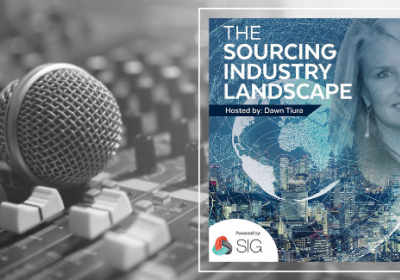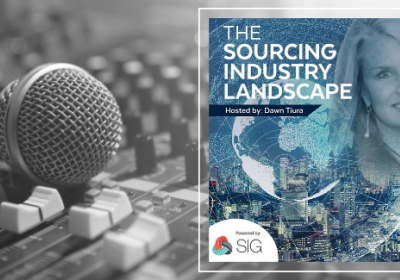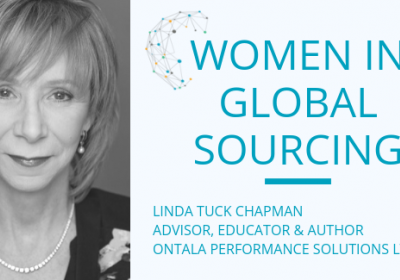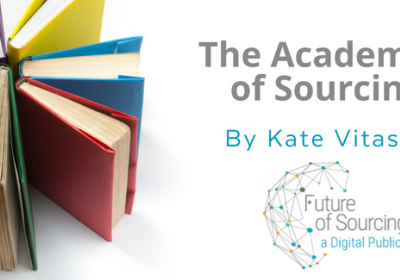The Pandemic Imperative: Collaboration Between Payables and Procurement
The COVID-19 pandemic underscored the need for better collaboration between finance and procurement as organizations needed to act quickly to increase their focus on their cash position, cash flow and net working capital through a more collaborative finance-procurement relationship.
The relationship each side has with suppliers is synchronistic – procurement ensures the right goods and services at the right price with the right supplier, and finance ensures those same suppliers are paid on time, to confirm that hard-negotiated relationships are not jeopardized.
















